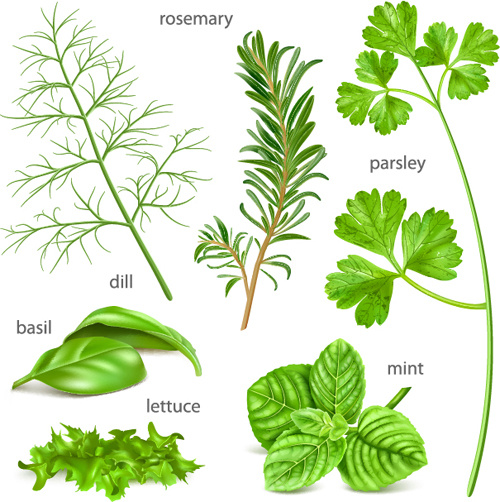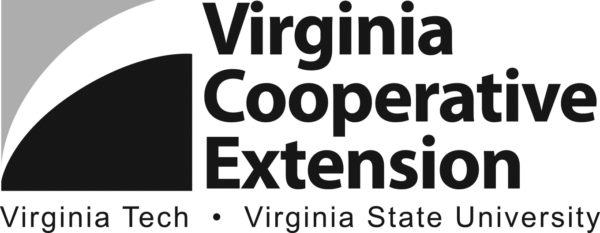
• Pot up chives, parsley, and other herbs, and bring them into the house to extend the growing season.
• To ensure a good crop of big bulbs next fall, plant garlic cloves this fall. Be sure to cover the garlic plot with a layer of organic mulch.
• Garlic is harvested when the tops die down. To prepare garlic for long term storage, cure the bulbs for four to six weeks in a warm, dry, shady location where there is good air circulation. Pile bulbs no more than two to three deep. After curing, store in a cool, dry, well-ventilated spot.
• Keep basil, parsley, mint, sage, balm, and borage producing by pinching out the seed pods. Herbs can be used fresh, frozen, or dried. Wait until the dew has dried to cut a few stems, tie a string around this little bouquet, and hang in a cool, dry place until completely dry. Crumble and place in a jar for use during the winter.
• Plant lavender seeds outside in the fall. The seedlings will appear in early spring.
• Herbs can be dried quickly in a microwave oven. Place them between two paper towels and heat for one minute. Remove them from the oven, let cool, then test to see if the leaves are crisp. If not, return them to the oven for a few more seconds. Store in jars in a dark place so they will keep their color and flavor.
by Diane Relf, Extension Specialist, Environmental Horticulture, Virginia Cooperative Extension

Monthly Tips have been prepared since 1986 by various staff of the Office of Consumer Horticulture including Ellen Bennett, Michelle Buckstrup, Susan Day, Susan DeBolt, Sharon Dendy, Kate Dobbs, Sheri Dorn, David Gravell, Virginia Nathan, Jenny Shuster, Ellen Silva, and Ruth Sorenson. Resource material for the development of this information includes the Virginia Master Gardener Handbook; Extension Publications and newsletters from VCE, numerous other states, and the USDA; and an extensive library of over 900 books, magazines and journals. Project funded by The Virginia Gardener Newsletter subscription fees.
Virginia Cooperative Extension programs and employment are open to all, regardless of age, color, disability, gender, gender identity, gender expression, national origin, political affiliation, race, religion, sexual orientation, genetic information, veteran status, or any other basis protected by law. An equal opportunity/affirmative action employer. Issued in furtherance of Cooperative Extension work, Virginia Polytechnic Institute and State University, Virginia State University, and the U.S. Department of Agriculture cooperating. Edwin J. Jones, Director, Virginia Cooperative Extension, Virginia Tech, Blacksburg; M. Ray McKinnie, Interim Administrator, 1890 Extension Program, Virginia State University, Petersburg.